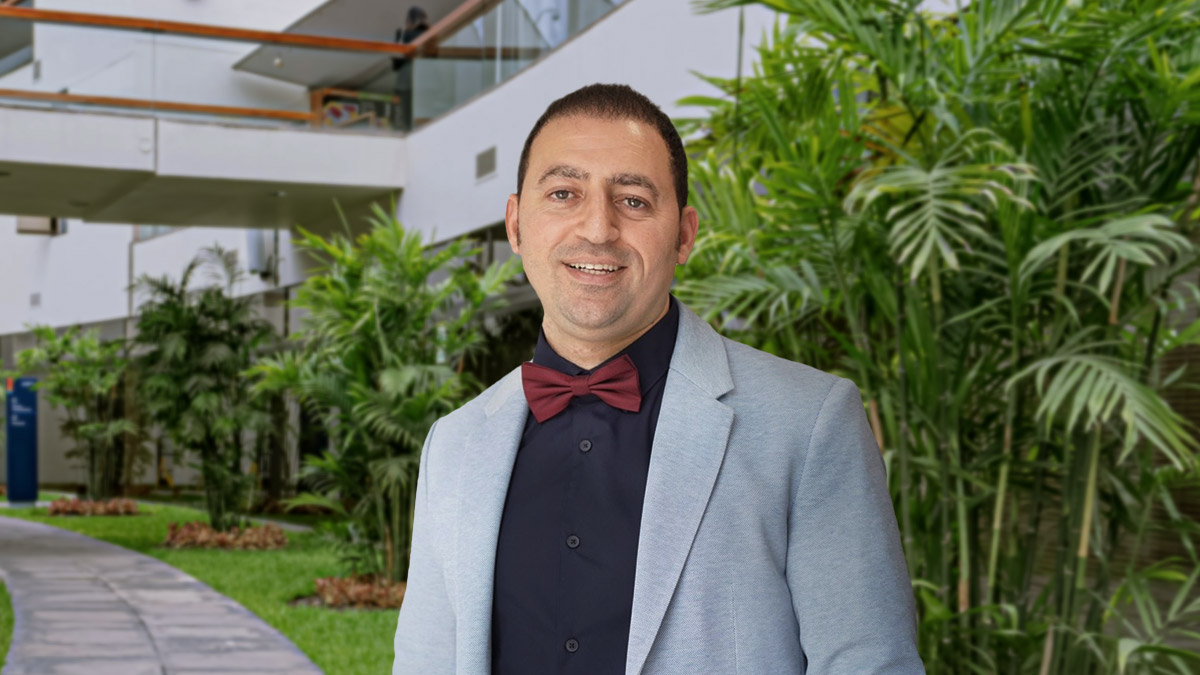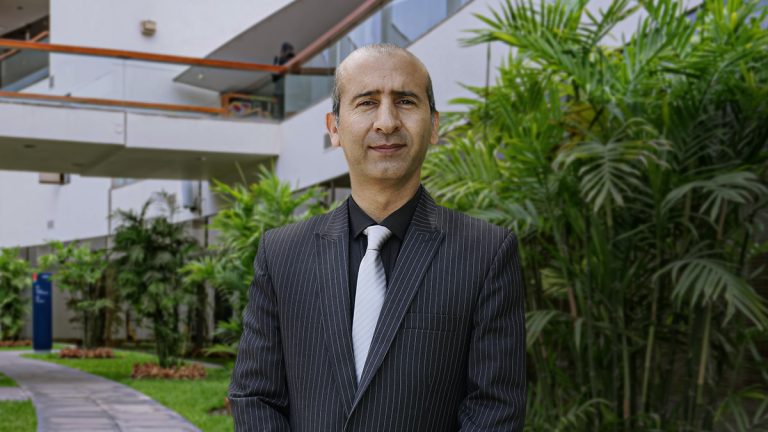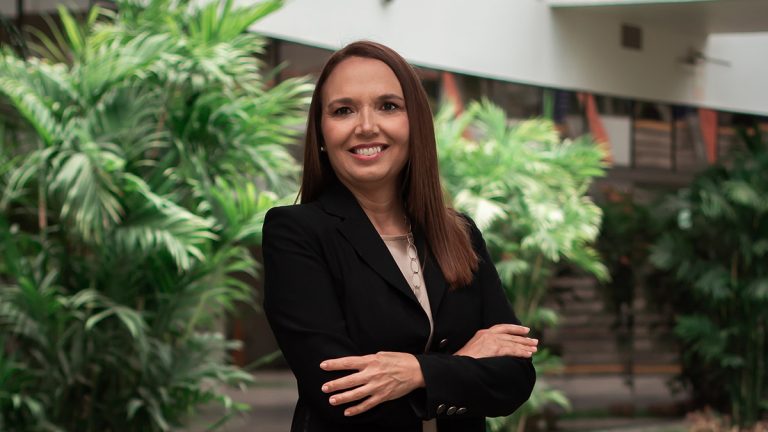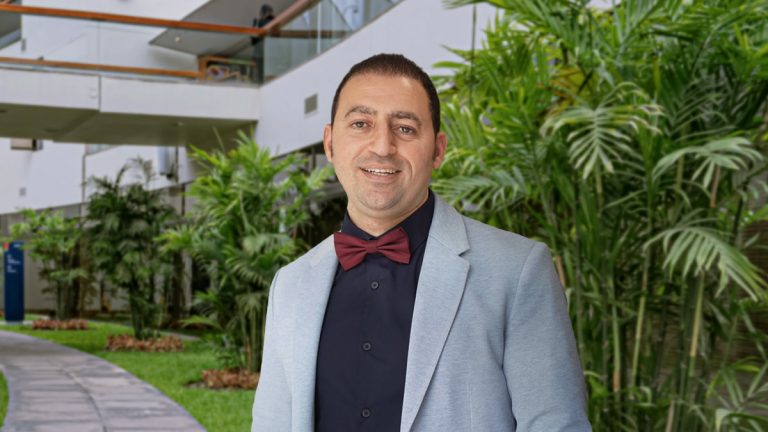Abstract
Purpose
This paper aims to answer the question: To what extent should neurodiverse students experience improved access to public universities in Egypt and why?
Design/methodology/approach
A systematic qualitative research method was used with data collected through semi-structured interviews with 44 educators in four universities in Egypt. A thematic approach was implemented to analyze the collected data.
Findings
The addressed educators believe that greater representation of neurodiverse students in their schools should be a priority for the following four reasons: first, neurodiverse students represent a promising new market segment schools could benefit from; second, recruiting more neurodiverse students represents a chance for schools and faculties to prove the social role they can undertake; third, schools can benefit from the unique skills many neurodiverse students have, particularly in mathematical and computational skills; and fourth, the greater the representation of neurodiverse students, the more research projects and funding opportunities educators can obtain.
Originality/value
This paper contributes by filling a gap in diversity management, higher education and human resources management in which empirical studies on the representation of neurodiverse individuals in public universities have been limited so far



